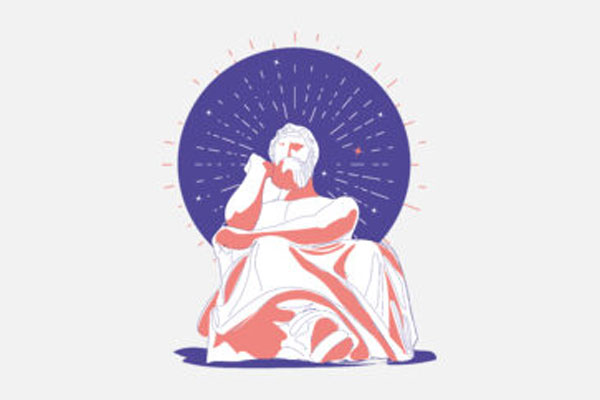There is no one more autonomous among those involved in creativity than the philosopher; there is also no one faster to take the position than the philosopher. Rather, it is the philosopher’s autonomy that prompts him to advocate a stance on current events and conceptually associate them. How do we interpret that?
What does the philosopher’s autonomy mean? It implies that his point of reference is a reason and that all its criteria are determined by philosophy in general and his philosophy in particular. There is hardly a contradiction between the general philosophical principles and the philosopher’s own philosophy; we can claim that the philosopher sometimes considers his philosophy as the standard. No reason is more ironic than the philosopher’s advocacy of a stance contradictory to philosophical principles or some of his statements.
Albert Camus’ opinion on the Algerian revolutions remains despised; he considered the Algerian Liberation Front’s struggle terrorism and opposed Algeria’s independence. Heidegger was accused of sympathising with Nazism when he accepted the position of President of the University of Berlin, during Hitler’s reign. On the other hand, we still salute Jean-Paul Sartre, who championed the Algerian people’s struggle for freedom and independence from, France’s occupation. Albert Camus, on the other hand, conflicted with the philosopher’s autonomy, which stems from the holistic criteria for freedom. Such a rebellious philosopher arose neither from the value of rebellion he defended nor from the criterion of freedom on which he based the philosophy of rebellion he praised in his various authored books and fiction.
An autonomous philosopher does not mean that he is neutral to his country’s or global affairs. Rather, it denotes that he is aware of the truth and the universal values, and then declares his bias, no matter the cost. For the philosopher vowed to think of and for others, even if he was rejected and oppressed by them.
The philosopher’s autonomy guards him against being affiliated with any political party. Thus, the philosophers’ plight is solely the outcome of independent philosophers’ stances. Espinoza was indifferent to the punishments inflicted on him by the Jewish theologians who expelled him from the Jewish synagogue and forbade Jews from conversing with him. Earlier, Ibn Rushd was not upset about his exile to Lucena and the destruction of his works. Even a philosopher who is compelled by circumstances to accept what he cannot bear, as Lokacz was, will return to the true road of autonomy. As a result, he was fired by the Communist Party, like Ernst Fischer and Garaudy.
We can rather say, “The philosopher’s autonomy prevents him from being affiliated with a political party; should he have affiliated with a party when he was younger, he would have inevitably abandoned it with all its ideology; the party is a set of systems, decisions, and ideology, whereas the philosopher is a free space, an individual will, and an independent mind.
The philosopher opposes dictatorship, fascism, violent fundamentalism, fanatical extremism, and other such ideologies. The philosopher’s guiding light is the value of man as the highest value. Kant’s most celebrated maxim still resonates as the most influential argument of man’s value. “If the happiness of all humanity is decided on killing one child, it would have been immoral.” In this view, the philosopher’s autonomy is that of noble reason.

